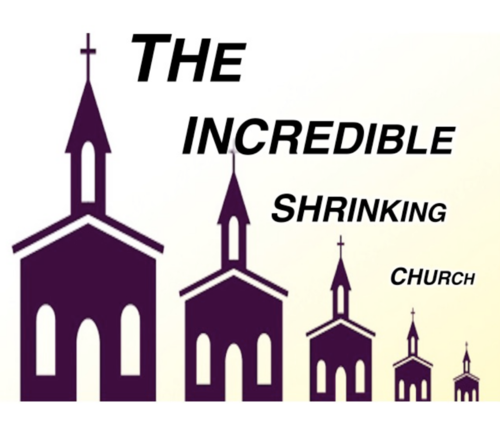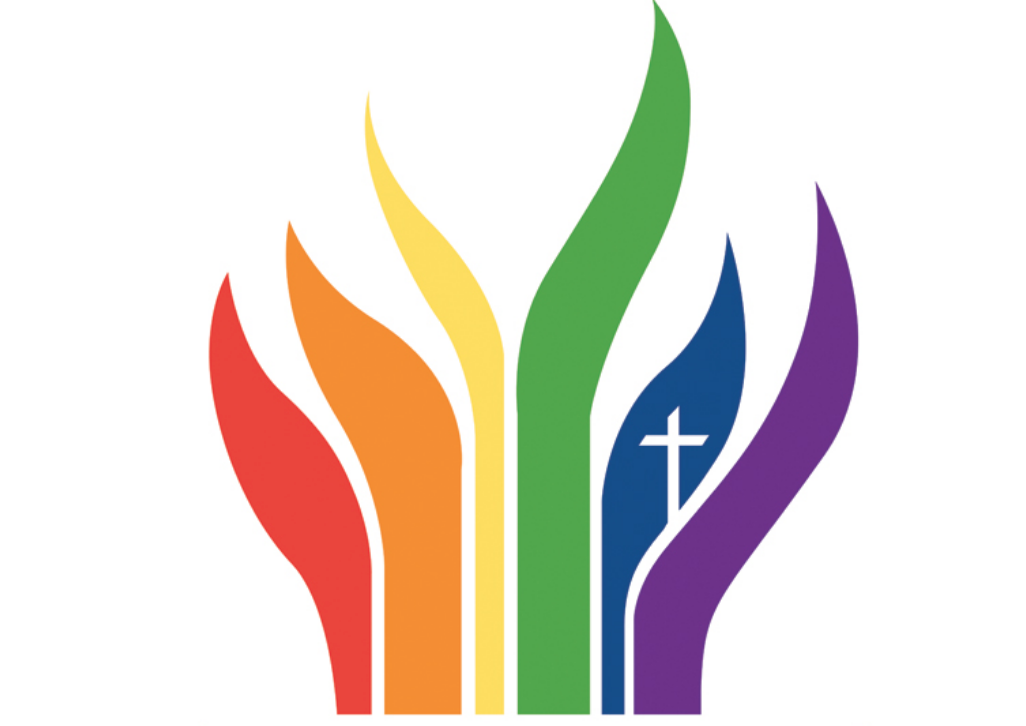As a woman and as a child of immigrants from India, new presidential candidate Nikki Haley has scored notable career “firsts.”
But the media shouldn’t ignore that her life story is more religiously intriguing than any of the 16 Republicans on CNN’s list of other potential challengers to Donald Trump. She’s been regularly subjected to questions about conversion from her parents’ Sikh religious faith to Christianity at age 24.
Moreover, Haley right now has a link to a huge 2023 story, the global split in the United Methodist Church. Haley and family are members of Mt. Horeb church in Lexington, South Carolina’s largest UMC congregation with 5,000-plus members.
Mark your calendars: On February 26 the congregation meets to decide whether to leave the denomination after 132 years due to progressive trends in the denomination’s doctrines and discipline that conservatives believe will undermine the Bible’s authority, including on “sexual ethics.” Local coverage here: “SC’s largest United Methodist Church prepares to leave denomination.” Two-thirds approval will be needed to depart.
This doctrinal dispute may not matter in Republican primaries, but it’s easy to imagine Democrats highlighting religious affiliation and LGBTQ concerns if underdog Haley manages to win the Republican nomination for president or vice president.
Already, LGBTQNation and People For the American Way’s Right Wing Watch are on the warpath. Note the targeting of Haley’s friend Pastor John Hagee, who prayed at her campaign launch. As a candidate, she will need strong support from cultural conservatives, which will require clear stands on issues linked to parental rights, religious liberty and abortion.
Born Nimrata Nikki Randhawa and raised in Sikhism, Haley was encouraged by her parents to visit varied churches and understand the surrounding culture. She married husband Michael in both Sikh and Methodist ceremonies and soon after converted to Christianity.










